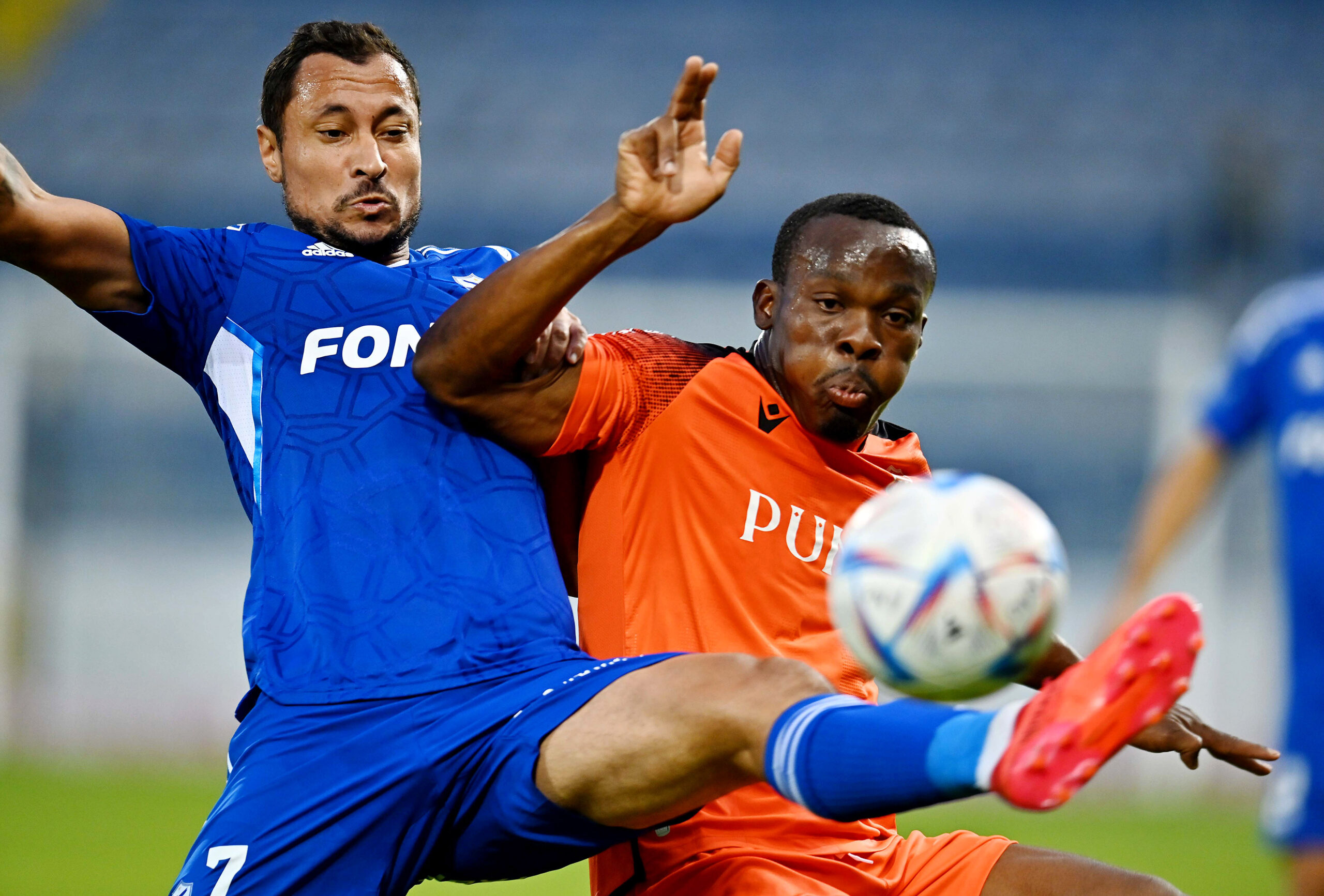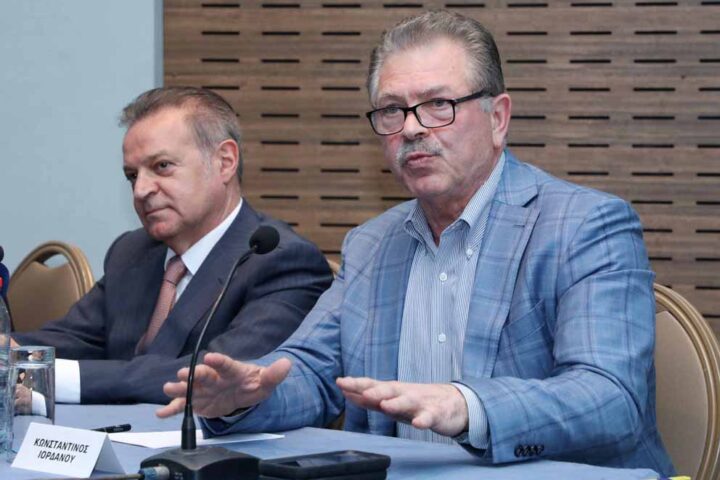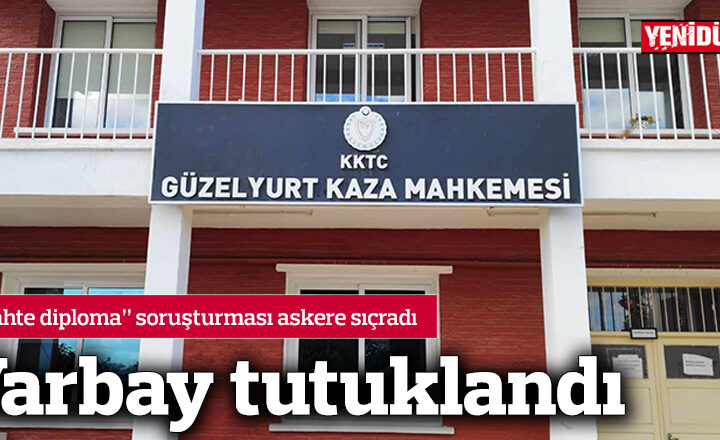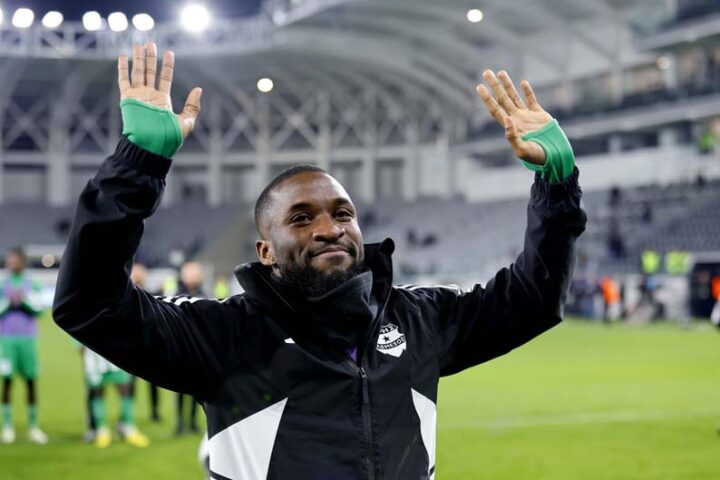Cyprus football’s reputation continues to be tarnished by corruption claims after the head of the National Betting Authority was under criminal investigation for refusing to provide information on match-fixing.
The revelation came to light when the House Ethics Committee called Ioanna Fiakkou after she refused to provide information about corruption in football.
Reportedly, Fiakkou refused to hand over information to the Cyprus Sports Ethics Committee, former board member and lawyer Charis Savvides claimed.
As then head of the Sports Ethics Committee, Savvides had been investigating allegations by investor in Nicosia club Omonia FC Stavros Papastavrou about corrupt acts by prominent people within the football association.
Savvides claimed he asked Fiakkou to provide information on suspicious betting activity in 2021, but she refused to do so, citing personal data protection.
The required information involved a specific betting company active on the island.
In the same hearing, Savvides made more revelations, wanting to demonstrate the obstacles that prevent the justice system from going after the people behind game fixing.
“Whoever among you believes that we live in an angelic place after you hear what I have to say, you will think there is less corruption in Columbia than Cyprus,” Savvides told MPs.
He said that in October 2020, just three days after submitting the committee’s findings regarding Papastavrou’s allegations, the names of people involved were leaked to the press.
Savvides told MPs that he suspected his phone had been tapped in 2021.
He told MPs he had been talking to key witnesses, arranging meetings with them to give their testimony.
“On the eve of the meetings, one had been a target of a bomb attack, and the other had been threatened to keep quiet,” said Savvides, who added that both witnesses refused to testify.
The House’s Ethics Committee called the state Legal Services to answer two questions posed by MPs.
The first question was related to the number of cases of manipulating sports events flagged as fixed, received by the Attorney General’s office since 2020.
The second was the actions taken by Legal Services to probe allegations of fixed matches.
A representative of Legal Services said that from 2020 they investigated a number of matches.
Eight cases were brought before a court, while four ended with teams receiving a maximum fine of €900.
The Legal Services refused to give details, as they claimed they could not do so without revealing the identity of the people involved.
Officials had told the Sports Ethics Committee that their findings were ‘poor’ and they should hire an expert from the European governing body UEFA.
No punishment
A police representative told MPs that no one had been punished in most cases, as nobody was willing to talk.
The officer told the House that, from 2011 to date, the force had received 96 reports from UEFA regarding possible fixed games.
According to the officer, 90 cases were investigated without any evidence emerging.
“No one is willing to talk, neither the referees nor the footballers,” said the official.
Meanwhile, the head of the Cyprus Football Association (CFA), George Koumas, refuted accusations by Savvides that the CFA withheld red notices sent in by UEFA.
Savvides had claimed that UEFA had flagged 11 matches involving Karmiotissa FC and five with Ermis Aradippou over 18 months, covering 2019 and the summer of 2020.
The 16 games had high betting traffic, especially from Asia.
Savvides argued that evidence pointed to a possible coverup, but the CFA did not take the designated measures to investigate the games.
He argued that in 2018, the CFA brought in an Interpol specialised who trained the association officials and police officers on how to handle such cases.
He argued that the CFA turns over any red notice to the police and that the association has adopted tough regulations, including teams being scrapped from the registrar if found to be involved in fixed matches three times.
Koumas, however, like the head of the National Betting Authority, also revealed that he and the CFA were under criminal investigation and could not present evidence to support his case.
The Sports Ethics Committee will investigate a possible conflict of interest involving the CFA chair.
Koumas, apart from being a high-ranking member of the CFA, is also a businessman active in football television rights management.
According to documents obtained by a Phileleftheros journalist, companies owned by Koumas were selling services to broadcast Cyprus football games to Cytavision when he was an official of the CFA.










